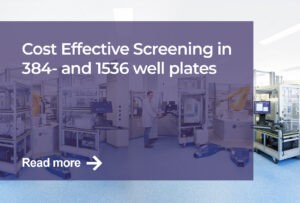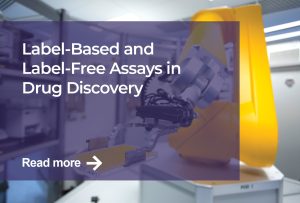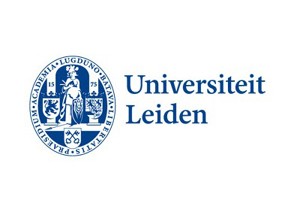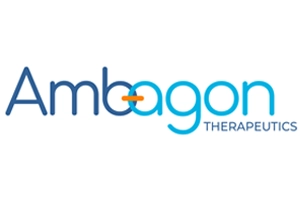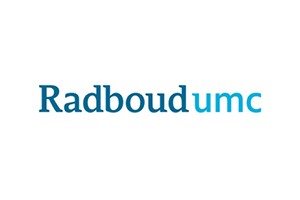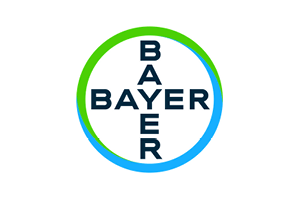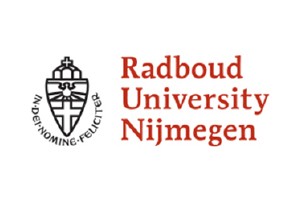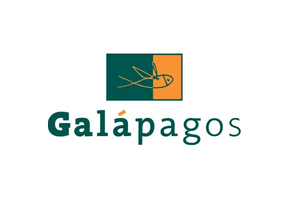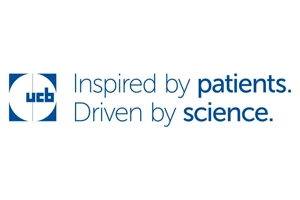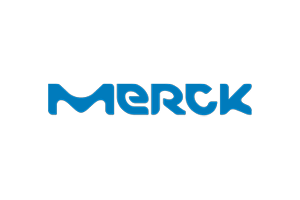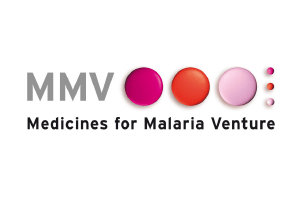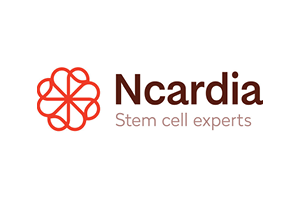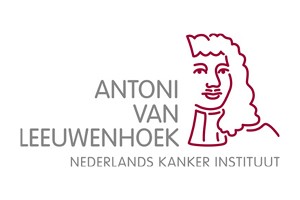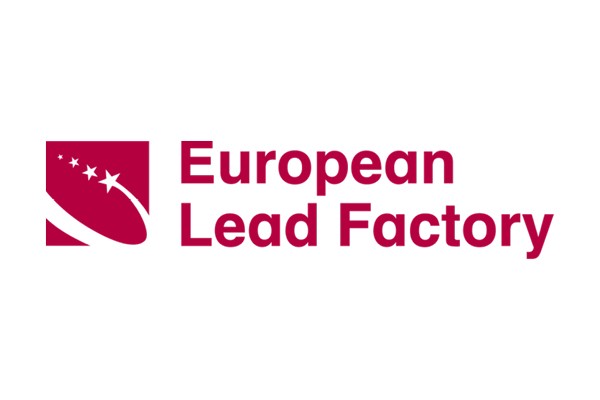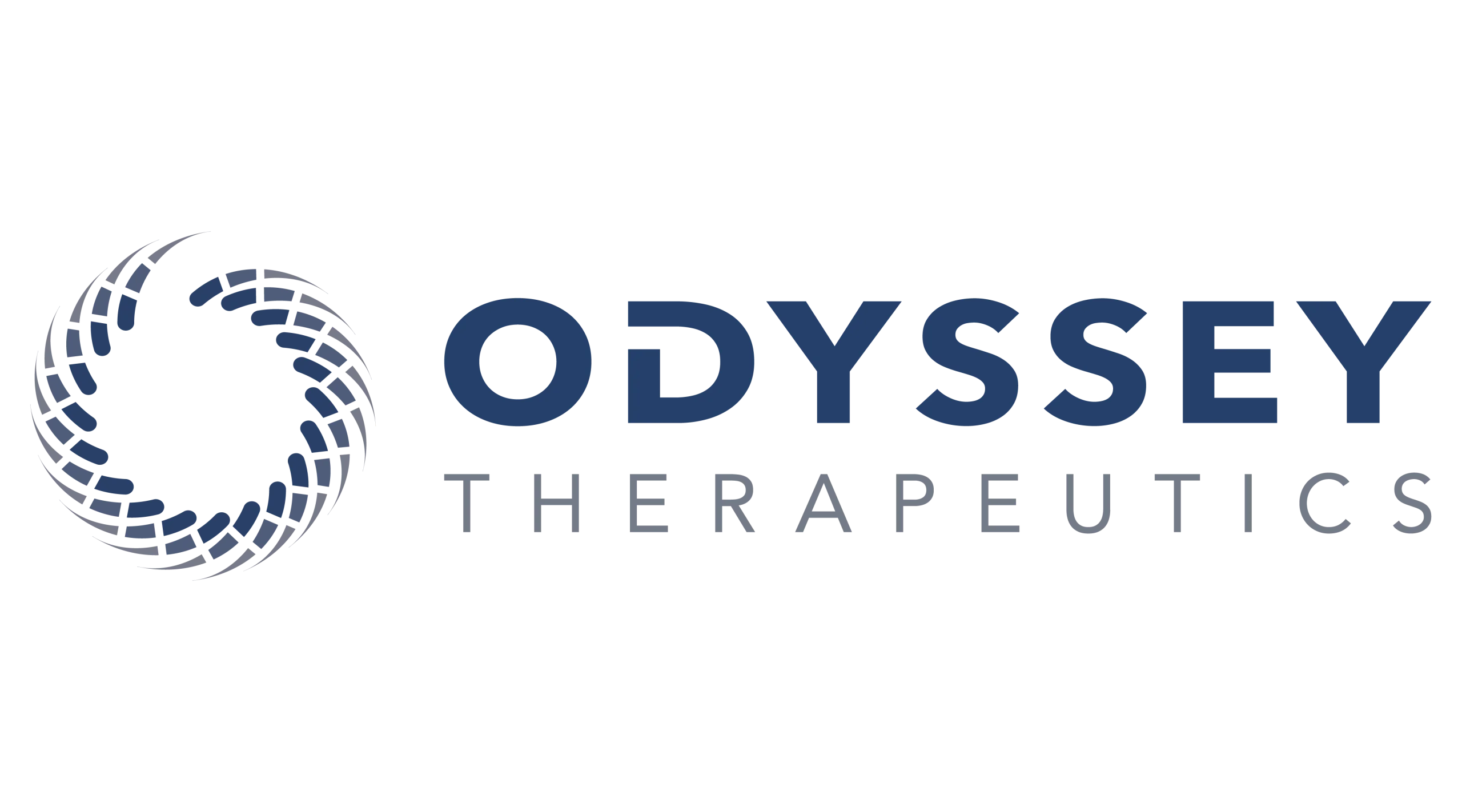The European Lead Factory (ELF) is boosting the discovery of new drugs by making High-Throughput Screening and a quality compound library available to academia and biotech’s. To be eligible, the proposed project has to meet certain conditions. For example, the project should be considered as innovative and it should be possible to optimize the associated assay for high throughput screening.
Multi-resistant gastrointestinal pathogens
Dr Monika Schütz and Jonas Malte Schweers at the Tübingen University Hospital and the Interfaculty Institute of Microbiology and Infection Medicine Tübingen (IMIT) are studying gut-derived pathogens in the framework of the German Centre for Infection Research (DZIF). They have identified several target proteins involved e.g. in facilitating the attachment of bacteria to the human host cells, a mechanism that is key for virulence. The importance of this project is undoubted. The alarming emergence rate of strains that are resistant to multiple antibiotics depletes the therapeutic arsenal needed for treating gastrointestinal infections. ‘The results that we collect when studying this target are of great importance for further studies in antibiotics resistance. This shows the importance of an initiative such as the European Lead Factory, which makes it possible to access a large and high-quality compound collection.’ said Monika Schütz, project leader at (IMIT).
Assay optimization
When they learnt about the opportunities in the European Lead Factory, they were eager to submit one of their targets. ‘We had developed an assay in-house in a 348-well format. However, to perform a high throughput screening with our target we had to optimize it further as we couldn’t achieve the required accuracy with our equipment,’ told Jonas Malte Schweers, PhD student in Schütz’s group, who spent few days at Pivot Park Screening Centre, the ELF partner responsible for assay development and high-throughput screening. ‘It was a real eye-opener what you can achieve with the infrastructure, expertise and experience present at Pivot Park Screening Centre.’ Schütz confirmed ‘In fact, the list of assay requirements for the EU Lead Factory programmes have become the standard guidelines used by all members of DZIF. If they are fulfilled, we know that the assay and target is suitable for a larger screening campaign.’
Next steps
‘First of all the University of Oxford is helping us to purify and produce enough target protein to enable a high-throughput screening campaign,’ Schütz told. ‘The next step we will take will be the actual screening of our target. We expect this to be done in January 2017. In parallel, we’re developing several secondary assays to prove true engagement of the hit compounds with the bacterial target, e.g. a micro-scale thermophoresis (MST) assay in collaboration with the ELF scientists at University of Dundee and solution NMR protocols.’ The aim is to use the resulting ELF compounds in Schütz’s mouse model and establish pharmaceutical proof-of-concept in vivo. Then they could convince DZIF to fund the medicinal chemistry and preclinical work to translate this innovative approach to clinical uses. Finally, Schweers confessed ‘I would love to go to Pivot Park Screening Centre again!’ Indeed, the group is already considering submitting another proposal to ELF.
Monika Schutz – Institut für Medizinische Mikrobiologie und Hygiene of the University of Tübingen

